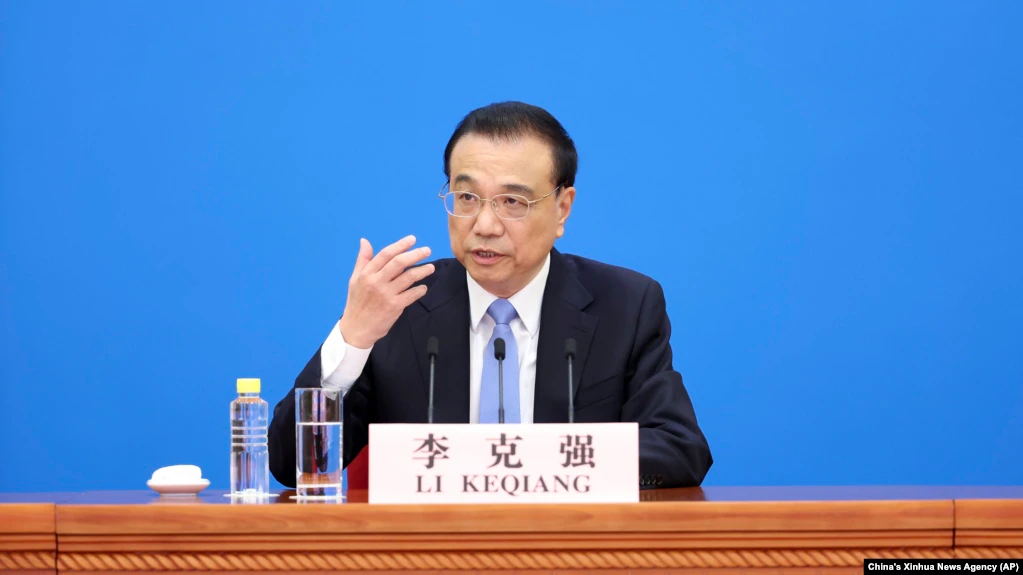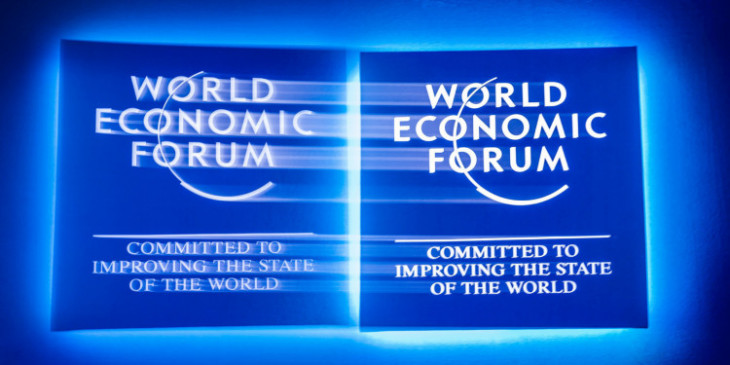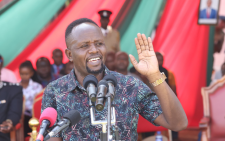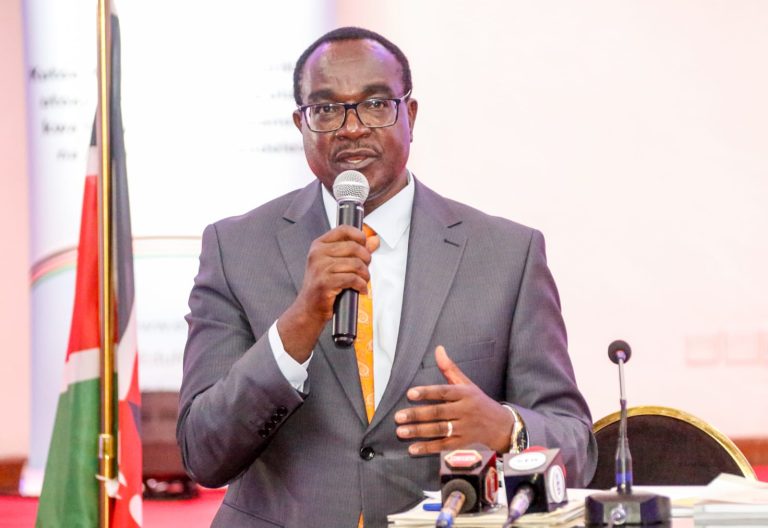China’s response to the global economic situation

On the evening of July 19 Chinese Premier Li Keqiang attended the World Economic Forum (WEF) Special Virtual Dialogue with Global Business Leaders. In attendance were the WEF Executive Chairman Klaus Schwab and about 400 businessmen from more than 50 countries.
Li Keqiang discussed issues of interest to the business community in an attempt to help them get a comprehensive and accurate understanding of China’s economic situation and its progress. As stated by the country’s Foreign Ministry Spokesperson Wang Wenbin during the regular press conference on July 21, China’s economy has been deeply integrated into the global economy, and opening-up is a fundamental national policy. China cannot develop in isolation from the world, and the world also needs China for its development.
China has committed itself to deepening high-level opening-up, making continued efforts to foster a market-oriented, world-class business environment governed by a sound legal framework, and ensuring foreign enterprises’ equal access to opening-up sectors in accordance with law to realize mutual benefit and win-win amid fair competition.
China is also ready to strengthen international cooperation against COVID-19, make COVID control measures more targeted and well-calibrated under the premise of ensuring safety against COVID infections, including steadily improving visa and COVID testing policies. The country also promised to systematically resume and increase international passenger flights, advance outbound commerce and trade activities and cross-border travel for labor services in order to promote personnel exchanges and cooperation with the rest of the world.
During the WEF Li Keqiang requested all parties to act in solidarity to jointly address risks and challenges and promote steady global economic recovery and sustainable development. A peaceful and stable environment is a prerequisite for development. China is ready to work with all parties to uphold the international system with the United Nations at its core, practice multilateralism and jointly safeguard world peace and tranquility.
The Premier said lately China’s economy has been affected by a new round of the COVID-19 pandemic and other unforeseen challenges. The economic downward pressure increased sharply in the second quarter of this year, and the main indicators fell sharply in April. The downward momentum of major economic indicators slowed down in May. In June, the economy rebounded steadily, and its main indicators rebounded relatively quickly from negative to positive.
As the world’s largest developing country, China has huge development potential. Keeping major economic indicators within an appropriate range is mainly supported by stable employment and prices. Since 2020, the policies the country has implemented in response to major shocks such as the pandemic are reasonable in scale, without “flooding” the economy with mass stimulus policies, and create conditions for preventing inflation.
This year’s summer grain has increased production and a bumper harvest, reaching a record high. Autumn grain production represents sound momentum, and coal and electricity supply is stable, which lays the foundation for domestic prices to run smoothly and also contributes to global food and energy market stability. China has more than 160 million market entities, and intelligent and hardworking people, which provides the greatest resilience and self-assurance for economic development.

China will maintain the continuity and pertinence of macro policies, and continue focusing on assisting market entities to relieve difficulties and sustain themselves for economic development. Macro policies are not only precise and powerful, but also reasonable and appropriate, without introducing super large-scale stimulus measures, excessive money supply, or sacrificing future interests for the sake of excessive growth targets.
Li Keqiang said China was fully aware of the situation on the ground and makes utmost efforts to achieve a better level of economic development. The package of detailed policy measures to stabilise growth still has considerable room to play an effective role. This includes staying committed to deepening reforms to streamline administration and delegate power, improve regulation, and upgrade services so as to further stimulate market vitality and social creativity.
The Premier pointed out that China’s economy has been deeply integrated into the world, and opening up to the outside world is China’s fundamental state policy. China will deepen high-standard opening up to the outside world, adhere to free and fair trade, and pursue parallel progress in the two “wheels” of multilateral and regional trade cooperation.
He said China will continue to foster a market- law-based and internationalised business environment, ensure equal access of foreign enterprises to open areas in accordance with the law, and achieve mutual benefit and win-win results in fair competition.
Further, the country seeks cooperation in the fight against the pandemic, and the achievement of targeted and science-based prevention and control under the premise of ensuring pandemic prevention. The country will also continue to optimise the visa, testing and other prevention and control policies, promote orderly resumption and increase of international passenger flights, advance outbound business and trade and cross-border employment activities in a prudent and orderly manner.







